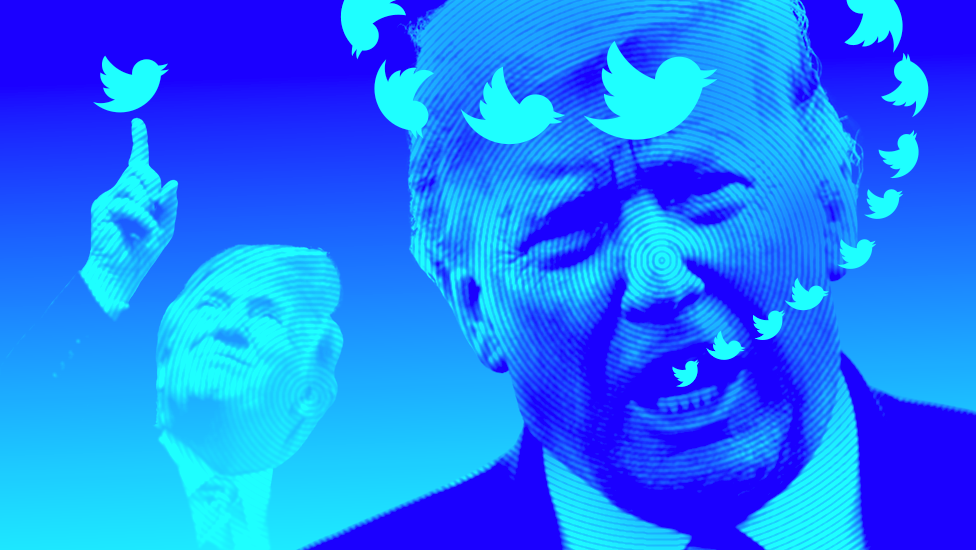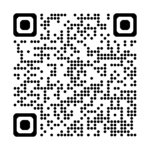
Trump's 77-word vocabulary
- Lexique : vocabulary, repetition, rhetorical strategy, persuasion, audience, emphasis, manipulation, clarity, emotional, statement
- Activité principale : lecture et analyse d’un article sur le langage de Donald Trump (« Spitting out Words »)
- Compétences / objectifs : comprendre la stratégie de répétition dans le discours politique ; identifier le rôle du lexique et de la rhétorique dans la persuasion ; rédiger une analyse courte
- Culture / lexique : langage politique, rhétorique, communication persuasive, pouvoir des mots
Vocabulary Kit — Trump's 77-word vocabulary
- = vocabulaire
- = répétition
- = stratégie rhétorique
- = public / auditoire
- = persuader / convaincre
- = accent / insistance
- = manipulation
- = captiver / accrocher (quelqu’un)
- = discours
- = souligner / mettre l’accent sur
- = effet / impact
- = contexte
- = clarté
- = amplification / renforcement
- = juger
- = établir un lien avec
- = affirmation / déclaration
- = lier / associer
- = convaincre
- = émotionnel
Take the document Spitting out words.

1. Look at the illustration. What do the title and image imply about Donald Trump?
1. Regarde l’illustration. Que suggèrent le titre et l’image à propos de Donald Trump ?
Answer 1 — What do the title and image imply?
The title and image suggest that Donald Trump uses a limited and repetitive vocabulary. The Twitter symbols emphasize his habit of communicating impulsively on social media, while the image of his mouth open with words flying out implies that he speaks a lot but without variety.
Le titre et l’image suggèrent que Donald Trump utilise un vocabulaire limité et répétitif. Les symboles de Twitter mettent en avant son habitude de communiquer de façon impulsive sur les réseaux sociaux, tandis que son visage représenté en train de parler évoque une parole abondante mais peu variée.
2. Read the article and analyse Donald Trump’s language.
2. Lis l’article et analyse le langage de Donald Trump.
-
(a) Pick out references to Trump’s language: its characteristics and the effect on his audience.
(a) Relève les passages qui décrivent la langue de Trump : ses caractéristiques et l’effet sur son public. -
(b) Pick out two different ways of analysing Trump’s use of language.
(b) Relève deux analyses différentes de la manière dont Trump utilise le langage.
Answer 2a — Characteristics and effects
Trump’s language is described as simple, repetitive, and emotionally charged. He often uses negative adjectives such as “loser”, “stupid”, or “weak”. His words sound spontaneous and genuine to his supporters, and his repetition helps them remember his key points and feel emotionally involved.
Le langage de Trump est décrit comme simple, répétitif et chargé d’émotion. Il utilise souvent des adjectifs négatifs comme « loser », « stupid » ou « weak ». Son ton paraît spontané et sincère pour ses partisans, et la répétition l’aide à graver ses idées dans leur mémoire et à susciter une réaction émotionnelle.
Answer 2b — Two ways of analysing his language
1️⃣ Some critics see his small vocabulary as a sign of limited intelligence or a lack of depth. 2️⃣ Others argue it’s a strategic choice: his short, strong words and constant repetition make his message clear, memorable, and persuasive.
1️⃣ Certains critiques voient son petit vocabulaire comme le signe d’une intelligence limitée ou d’un manque de réflexion. 2️⃣ D’autres pensent qu’il s’agit d’un choix stratégique : ses mots courts et forts, répétés sans cesse, rendent son message clair, marquant et convaincant.
Script — Spitting out words
There’s not much variety to the words President Donald Trump spits out, but we know which ones are his. To Americans, words like “loser”, “sad”, “horrible”, “weak” and “stupid” have become ubiquitous with Trump in 2017. This is likely what led the writer Phillip Roth to angrily call out Trump’s “77-word” vocabulary in the most recent issue of The New Yorker. Roth’s assessment of Trump’s small vocabulary size may be correct, but we should be careful not to assume it means that the President is dumb.
It’s become increasingly apparent to researchers that a non-expansive vocabulary isn’t necessarily the sign of a failing mind. Rather, it might be the hallmark of a person sly enough to hook his listeners and persuade them using only a few words.
Geoffrey Nunberg, a professor at the University of California-Berkeley, wrote in The Los Angeles Times that Trump’s repetitions and digressions come off as “spontaneous and genuine” to people listening at a rally. Like most people who attend political rallies, Trump’s audience came there to connect — “they were already convinced,” Nunberg said.
Repetition is considered a rhetorical strategy proven to produce emphasis, clarity, amplification, and emotional effect. Audiences judge spoken content differently than words they read on a page. By repeating phrases, which may look less intelligent later transcribed on paper, the speaker guarantees that their audience walks away with their most important points in mind.
When Trump said in the final presidential debate that “Iran should write us a letter of thank you, just like the really stupid — the stupidest deal of all time,” he made sure that listeners linked “stupid” and “Iran” together. His statements provide no context for what he’s saying, but by mashing words together he creates an emotional platform to use against his opponent. And that level of manipulation is anything but dumb.
3. Read the text and answer the question below. Write a short paragraph (about 70–90 words) explaining your ideas.
3. Lis le texte et réponds à la question ci-dessous. Rédige un court paragraphe (environ 70 à 90 mots) pour expliquer tes idées.
-
What does the article suggest about Donald Trump’s use of repetition?
Que suggère l’article à propos de l’utilisation de la répétition par Donald Trump ?
➤ Use the following steps to guide your analysis:
➤ Utilise ces étapes pour t’aider à rédiger ta réponse :
- Explain how repetition is used in Trump’s speeches.
Explique comment la répétition est utilisée dans les discours de Trump. - Describe the effect it has on the audience.
Décris l’effet que cela produit sur le public. - Say whether you think it is an intelligent strategy or not, and why.
Dis si tu penses que c’est une stratégie intelligente ou non, et pourquoi.
Suggested answer — Repetition in Trump’s language
The article suggests that Trump uses repetition as a rhetorical strategy to make his message stick in people’s minds. Repeating simple words and phrases helps him create clarity and emotional impact, which makes his speeches sound more spontaneous and sincere. According to researchers, this method is not a sign of a lack of intelligence, but rather a clever way to persuade and manipulate his audience.
L’article suggère que Trump utilise la répétition comme stratégie rhétorique pour graver son message dans les esprits. En répétant des mots et des phrases simples, il crée de la clarté et un impact émotionnel, ce qui rend ses discours plus spontanés et sincères. Selon les chercheurs, cette méthode n’est pas un signe de bêtise, mais une manière habile de persuader et de manipuler son public.
Your Turn – The 6-word challenge
Use a maximum of six content words to convince your classmates to try something new (for example: a food, a sport, a song…).
Utilise au maximum six mots essentiels pour convaincre tes camarades d’essayer quelque chose de nouveau (par exemple : un plat, un sport, une chanson…).
You can say a lot with just a few words! Focus on repetition, rhythm, word stress and sentence structure to make your speech more persuasive.
Tu peux dire beaucoup avec peu de mots ! Concentre-toi sur la répétition, le rythme, l’accentuation et la structure de phrase pour rendre ton discours plus convaincant.
-
Write your sentence using up to six words.
Rédige ta phrase en utilisant six mots maximum. -
Practise saying it aloud with expression and confidence.
Entraîne-toi à la dire à voix haute avec expression et assurance. -
Share it with the class — your goal is to convince and inspire!
Partage-la avec la classe : ton but est de convaincre et inspirer !
💡 Examples:
💡 Exemples :
• “Eat sushi. Fresh, light, unforgettable.”
• “Football unites hearts, minds, nations.”
• “Try painting — colour your world bright.”
• “Sing loud. Feel free. Be happy.”
